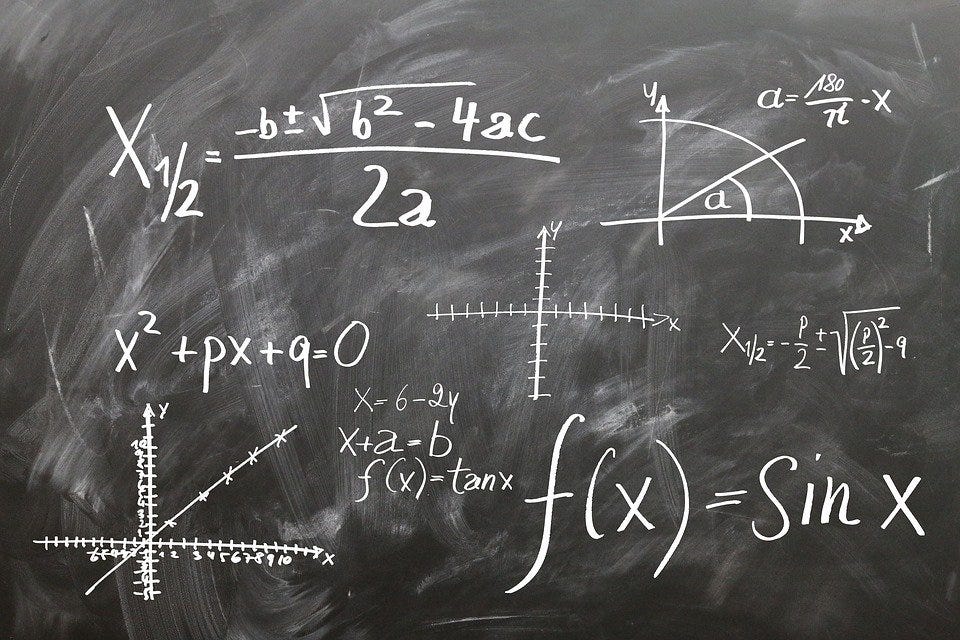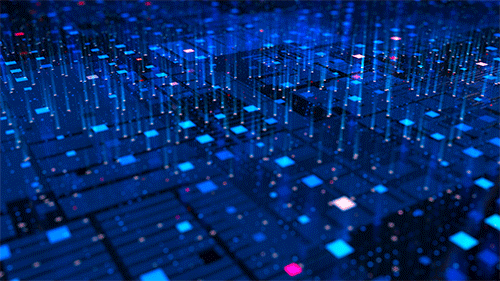
CLEC03 Elective 3 Instrumentation and Control 1st Semester AY 2024-2025
This course provides an integrative study of what constitutes management information value in support of those goals and usual sources of information. The course reviews how management utilizes the vast amounts of computer-generated data, through class discussion and analysis.
It introduces the students to the application of the theories and practice of control system engineering, emphasizing on classical control theory and covering fundamentals of modern control theory. The teaching approach is laboratory based and will be through numerical simulations using Xilinx ISE (VHDL), Matlab and Simulink.

CLEC2 Microelectronics 2 Model-Based Design
This course will explore and discuss the fundamentals of
model-based design and its applications in Semiconductor Research and
Development industries. With Model-Based Design,
the computer engineering students will be able to use models as a golden
reference that links every part of the development process-requirements,
design, implementation, and testing. They will learn that models are used as an
executable specification in the requirement phase, a design platform in the
algorithm design phase, a code generation source in the hardware implementation
phase, and a test bench in the testing phase. By re-using the models, system
engineers are free to focus on design innovation to achieve higher system
performance. They will use MATLAB/Simulink as a tool in creating model-based
design project.
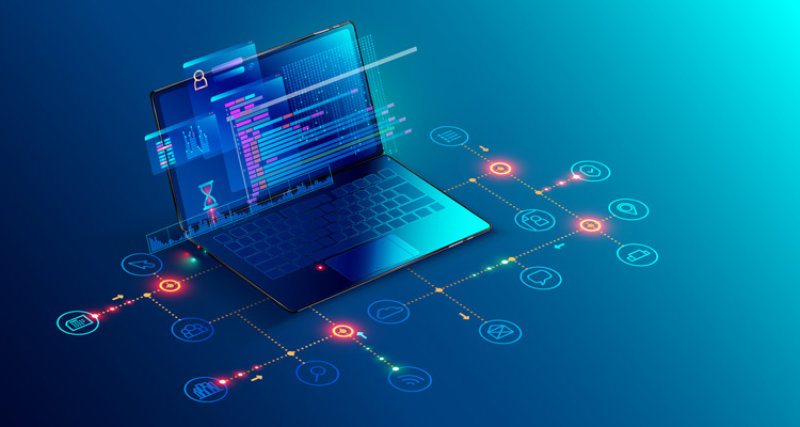
Programming Logic and Design
This
is an introductory course in computer programming logic.The students will learn
algorithms applicable to all programming languages, including: identifiers,
data types, arrays, control structures, modular programming, generating
reports, and computer memory concepts. The students will learn to use charts
commonly used in business and information processing. Program logic will be
developed using flowcharts and pseudocode.
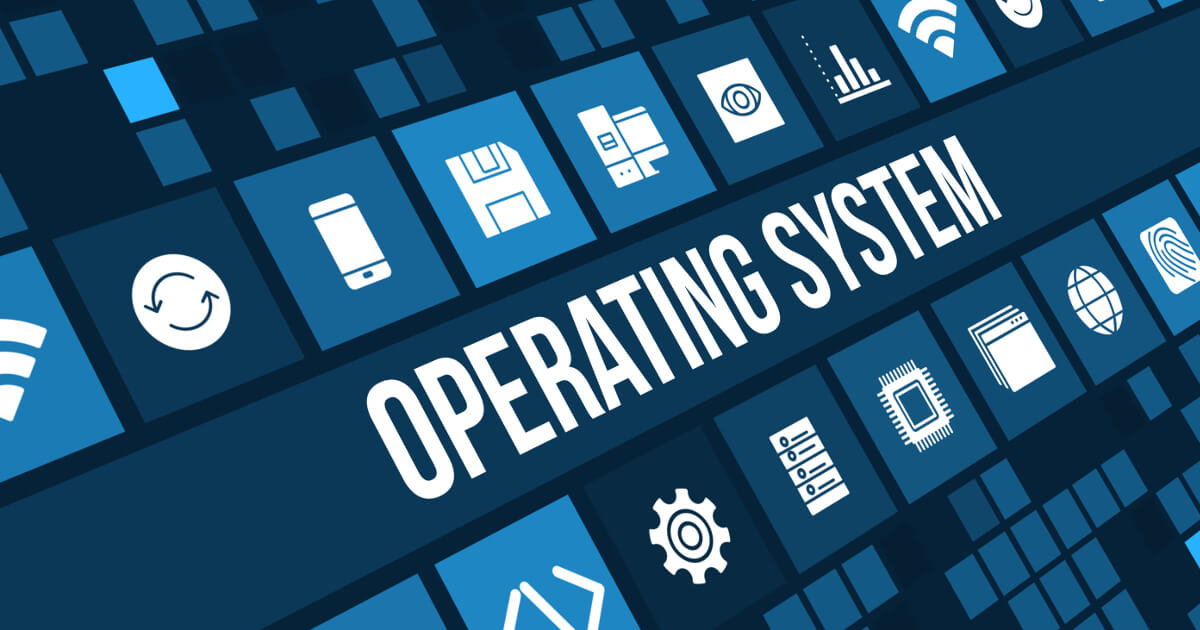
Operating Systems
The course aims to explore the importance of the operating system and its function. The different techniques used by the operating system to achieve its goals as resource manager. The course also explores how application interacts with the operating system and how the operating systems interact with the machine. Also, the course shed light on some of the existing operating systems and how the topics taught in the course are applied in these systems. Some topics in the course are implemented by witting the programs to practically know how.

BASIC OCCUPATIONAL HEALTH AND SAFETY
This
course tackles key Occupational Health and Safety (OSH) concepts, principles
and practices that are foundational knowledge requirements applicable in almost
all industries, Specifically, it assists learners in identifying the key
elements in the OSH situation both here and abroad; determine existing and
potential safety and health hazards; identify the range of control measures;
discuss pertinent provisions of Philippine laws that refer to occupational
safety and health; explain key principles in effectively communicating OSH;
identify components of effective OSH programs and demonstrate some skills in
identifying hazards and corresponding control measures at the workplace.

SOFTWARE DESIGN
This course provides an overview of the software
engineering process. Topics include requirement analysis, analysis modeling,
software design fundamentals, software testing, quality assurance, quality
processes and software maintenance. Principles of object-oriented programming,
programming languages, and object-oriented modeling are also discussed
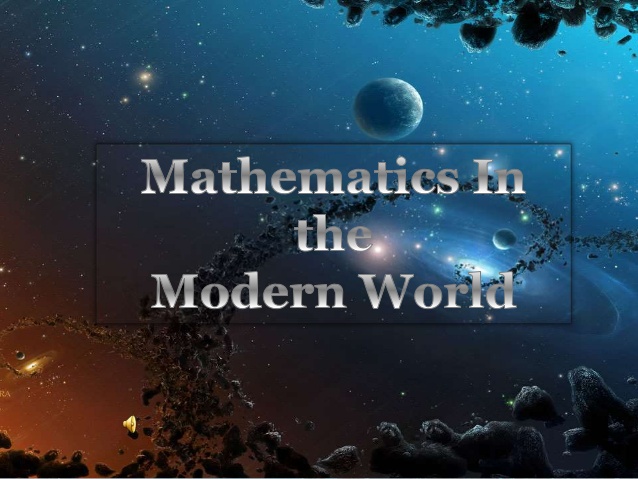
Mathematics in the Modern World
This course deals with the nature of mathematics, appreciation of its practical, intellectual, and aesthetic dimensions, and application of mathematical tools in daily life. The course begins with an introduction to the nature of mathematics as an exploration of patterns and as an application of inductive and deductive reasoning. By exploring these topics, students are encouraged to go beyond the typical understanding of mathematics as merely a set of formulas that is study of mathematical language and symbols but as a source of aesthetics in patterns of nature, for example, and a rich language in solving problem governed by logic and reasoning. The course then proceeds to survey ways in which mathematics provides a tool for understanding and dealing with various aspects of present-day living. These mathematics as a tool include mathematical system, data management, logic, and mathematics of graphs. These aspects will provide opportunities for doing mathematics in a broad range of exercises that bring out the various dimensions of mathematics as a way of knowing and test the students’ understanding and capacity.

DATA STRUCTURES AND ALGORITHMS
This course provides an introduction to computer algorithms and data structures. It covers the design, analysis, and implementation of data structures and algorithms to solve engineering problems using and aobject-oriented programming language. Topics include elementary data structures, (including arrays, stacks, queues, and lists), advance data structures (including trees and graphs), the algorithms used to manipulate these structures, and their application to solving practical engineering problems, and other topics that include sorting and searching algorithms.
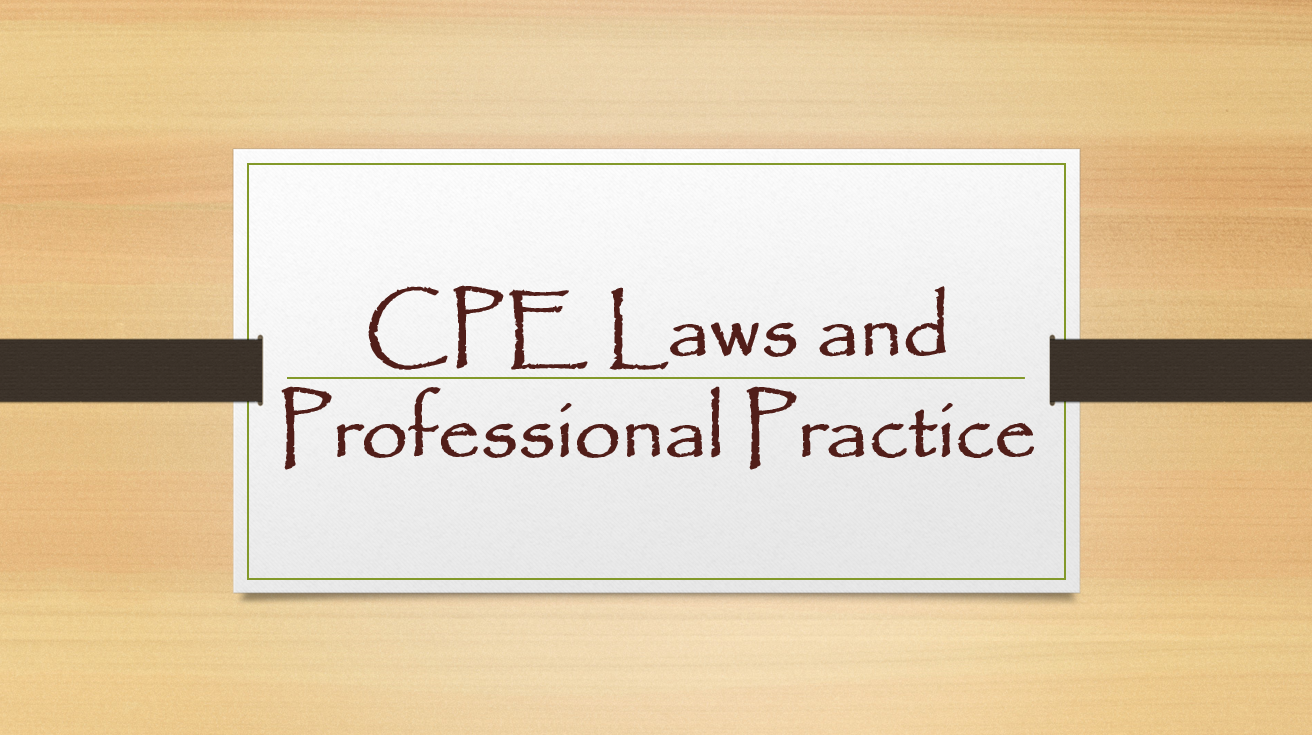
CPE Laws and Professional Practice (BSCpE 3rd Year)
This course provides the importance of the professional and ethical responsibilities of practicing computer engineers and the effects of their
work on society, the importance of understanding contemporary issues, lifelong learning strategies, and applicable IT laws in the field of
computer engineering.

Discrete Mathematics
This
course includes the study of the foundations of logics and proofs; basic
structures of sets, functions, sequences, sums, and matrices; algorithms;
number theory and cryptography; induction and recursion; counting; discrete
probability; advanced counting techniques; relations; graphs; trees; Boolean
Algebra; and modeling computation.
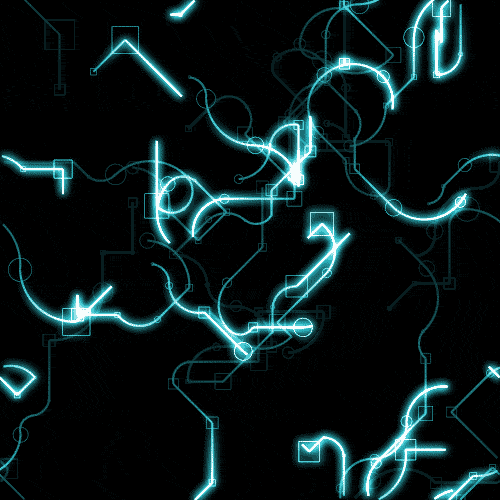
Computer Engineering Drafting and Design - 3B
Computer Engineering drafting and design is a sub field of engineering which deals with the design and drafting of objects and materials through the use of specialized software that visualizes designs as modular 3D computer models.

Computer Engineering Drafting and Design - 3A
Computer Engineering drafting and design is a sub field of engineering which deals with the design and drafting of objects and materials through the use of specialized software that visualizes designs as modular 3D computer models.
